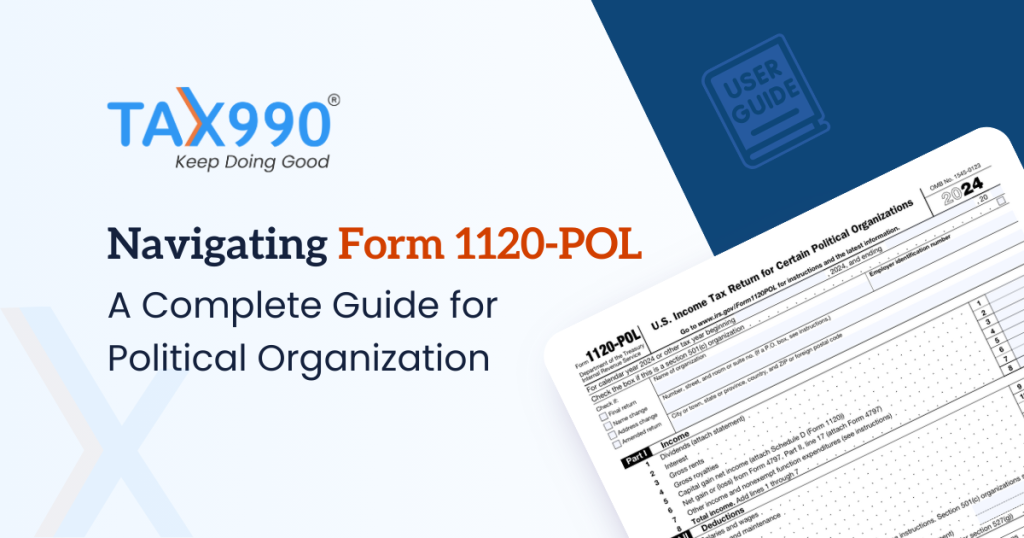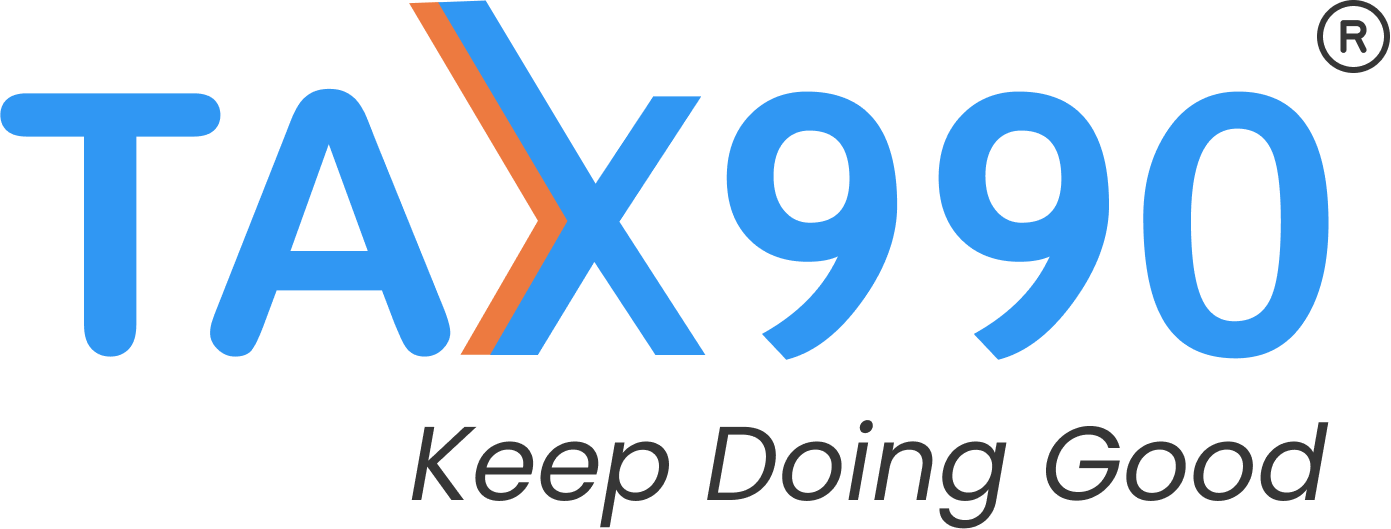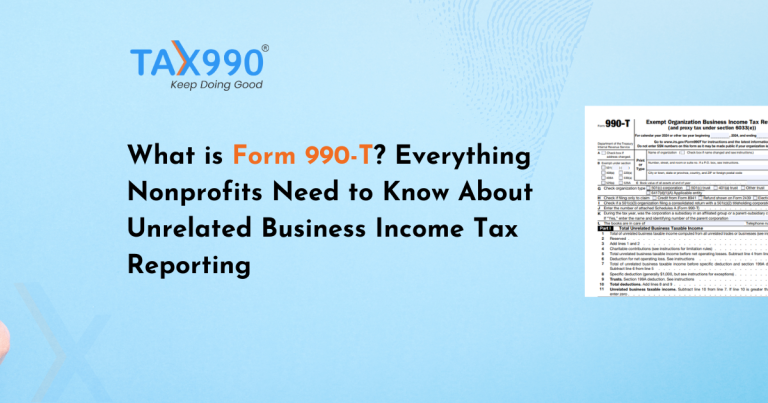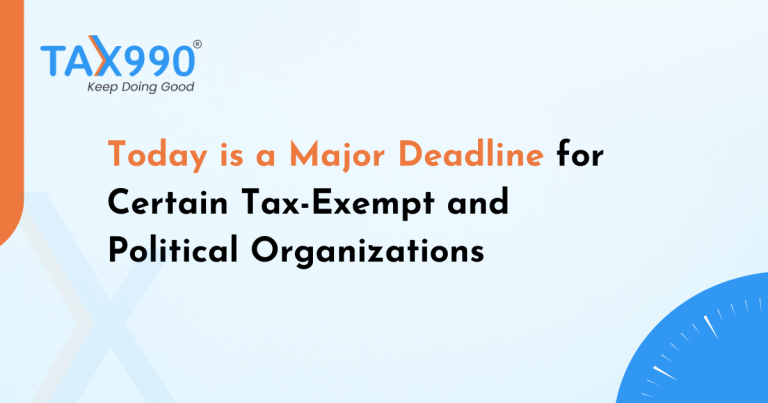What is Form 1120-POL? A Comprehensive Guide for Political Organizations
Estimated reading time: 21 minute(s)

Learn everything you need to know about filing Form 1120-POL, the required tax return for political organizations with taxable income.
Let’s say you’re running a political organization—whether it’s a political action committee (PAC), campaign committee, or party organization that’s successfully raising funds and building momentum for an upcoming election. Your team is energized, your message is reaching the right audience, donations are pouring in, and support is steadily increasing.
As you continue gaining traction and growing your base, staying compliant with IRS requirements becomes essential to keep this momentum and maintain public trust, especially when it comes to reporting your organization’s taxable income.
Hers’s where Form 1120-POL comes in. This form is designed specifically for political organizations like yours that earn taxable income during the tax year. Filing Form 1120-POL isn’t just a regulatory step—it’s a key part of showing transparency, staying organized, and building long-term credibility with your supporters and the public. By filing this form correctly and on time, your organization stays tax compliant, and you can keep focusing on your mission.
In this blog, we’ll walk you through everything you need to know about Form 1120-POL—from who needs to file to how to complete the process smoothly.
Purpose of Form 1120-POL
Political organizations and certain tax-exempt organizations use Form 1120-POL to report their taxable income and income tax liability under Section 527 of the Internal Revenue Code.
Note: Section 527 of the IRC provides tax-exempt status to political organizations organized primarily to influence the selection, nomination, election, or appointment of individuals to public office at the federal, state, or local level.
Who Needs to File Form 1120-POL?
Any political organization must file Form 1120-POL if it earns any taxable income, even if it’s a tax-exempt organization. This includes:
- Political organizations that have any political organization taxable income (whether or not it is tax exempt)
- The tax-exempt organizations that are treated as having political organization taxable income under section 527(f)(1)
What is Considered a Political Organization?
A political organization refers to a party, committee, association, or any group formed primarily to accept contributions or incur expenses to influence the selection, nomination, election, or appointment of individuals to public office or to elect presidential or vice-presidential electors. These organizations include the following:
- Newsletter Fund: This is established by an individual or a candidate for public office to cover the costs of creating and distributing newsletters that provide updates and information to the public.
- Separate Segregated Fund: This is a special fund set up by a 501(c) organization specifically for political activities.
Political Organization Taxable Income: What You Need to Know?
Political organization taxable income (line 19) is the amount left after subtracting certain expenses from your gross income. This doesn’t include money used for political purposes (exempt function income). This includes only costs directly related to earning taxable income that can be deducted.
Here’s the basic formula: Political Organization Taxable Income = Gross Income – Related Deductions
But keep in mind:
- A special deduction of $100 is allowed (but not for newsletter funds).
- You can’t deduct net operating losses or other special corporate deductions.
What is an Exempt Function and Exempt Function Income?
When we talk about the exempt function of a political organization, we’re referring to everything your organization does to support the election or appointment of individuals to public office.
Next, exempt function income is money your organization raises specifically to fund political activities. This income must be kept in a separate account and used only for political purposes to be tax-exempt.
- Contributions of money or property.
- Membership dues or fees from members of a political party.
- Fundraising proceeds, like money raised through campaign events or by selling political merchandise.
- Bingo game profits, but only if the game meets IRS requirements.
Properly segregating this income helps protect your tax-exempt status and ensures you follow IRS rules.
Filing Deadline for Form 1120-POL
Political organizations must file 1120-POL by the 15th day of the 4th month after the end of their tax year. For example, if your organization follows a calendar tax year, your filing deadline is April 15th of the following year.
Penalties Associated with Form 1120-POL
If your organization is required to file Form 1120-POL and misses the deadline (including extensions), the IRS may impose penalties. These penalties apply for both late filing and late payment of taxes.
- Late Filing Penalty: If you don’t file Form 1120-POL on time, the IRS charges 5% of the unpaid tax each month, up to a maximum of 25%. If the form is filed over 60 days late, the minimum penalty is less than the tax dues or $510.
- Late Payment Penalty: If you file the form but don’t pay the tax on time, you may be charged a penalty of 0.5% of the unpaid tax per month, up to 25%.
Can You Get an Extension to File Form 1120-POL?
Suppose your organization needs more time to file a 1120-POL. In that case, you can request an automatic extension by filing Form 7004 (Application for Automatic Extension of Time To File Certain Business Income Tax, Information, and Other Returns). This gives you up to 6 extra months to complete and file your Form 1120-POL.
However, remember that this extension of time is only for filing, not for paying taxes. If your organization owes taxes, it should still pay them by the original deadline to avoid interest or penalties.
Additional Filings: Other Returns That Need to be Filed with 1120-POL
In addition to Form 1120-POL, your political organization may be required to file the following forms, depending on your activities during the tax year:
- Form 8871 – Political Organization Notice of Section 527 Status
Your organization must file Form 8871 within 24 hours of establishment to notify the IRS of its Section 527 status. Additionally, you’re required to report any material changes within 30 days. - Form 8872 – Political Organization Report of Contributions and Expenditures
To maintain compliance, your organization must file Form 8872, reporting all contributions received and expenditures made throughout the calendar year. - Form 8997 – Initial and Annual Statement of Qualified Opportunity Fund (QOF) Investments
If your organization holds investments in a Qualified Opportunity Fund, you must identify and report them for the year using Form 8997. You are not required to file these forms if you are exempt from Form 8871 filing requirements or part of a state/local officials’ caucus. - Form 990(Return of Organization Exempt From Income Tax)/990-EZ (Short Form Return of Organization Exempt From Income Tax) – Your exempt political organization must file Form 990 or 990-EZ if the annual gross receipts are $25,000 or more ($100,000 or more for a QSLPO).
- Form 8992 – U.S. Shareholder Calculation of Global Intangible Low-Taxed Income (GILTI)
If your organization is interested in foreign corporations, you may need to file Form 8992 and Form 1120-POL to calculate GILTI.
File 1120-POL with Confidence Through Tax990.
Understanding and filing Form 1120-POL is vital to keeping your political organization compliant, transparent, and focused on its mission. Whether you’re reporting investment income or other taxable earnings, filing accurately and on time helps you avoid penalties and maintain trust with your supporters.
Ready to start your 1120-POL e-filing process? Get started with Tax990 today by creating your free account! Tax990 simplifies the filing experience with step-by-step guidance, built-in error checks, and instant IRS updates—so you can confidently file and get back to what matters most: your cause.




Leave a Comment